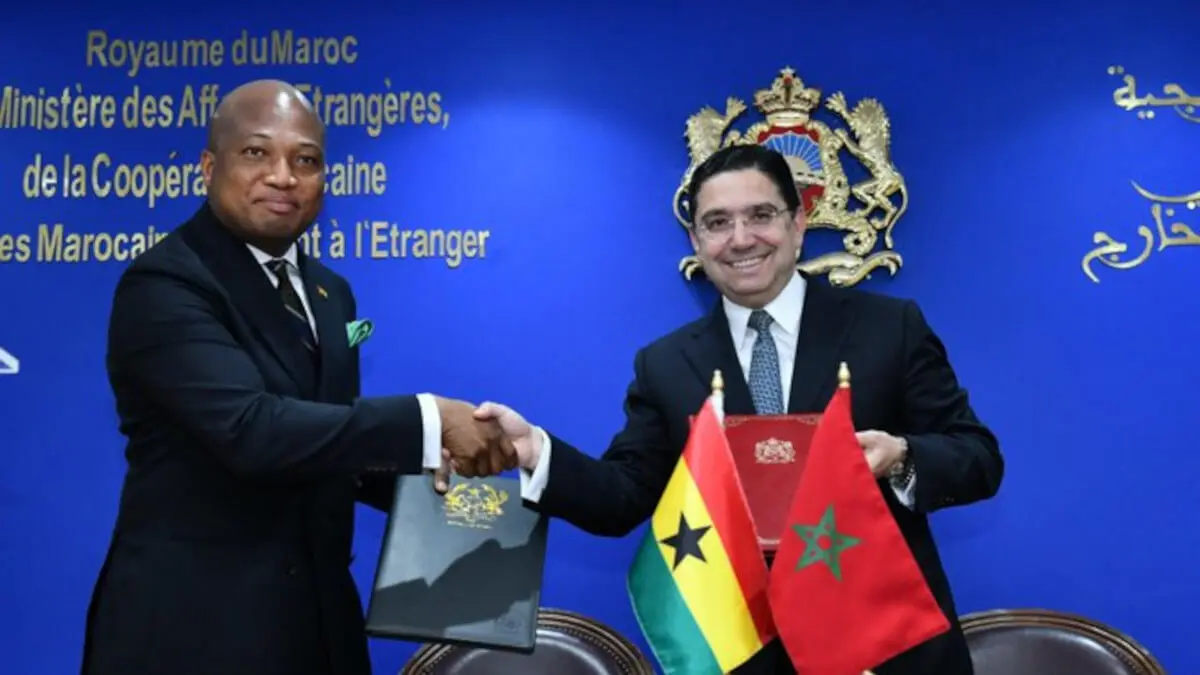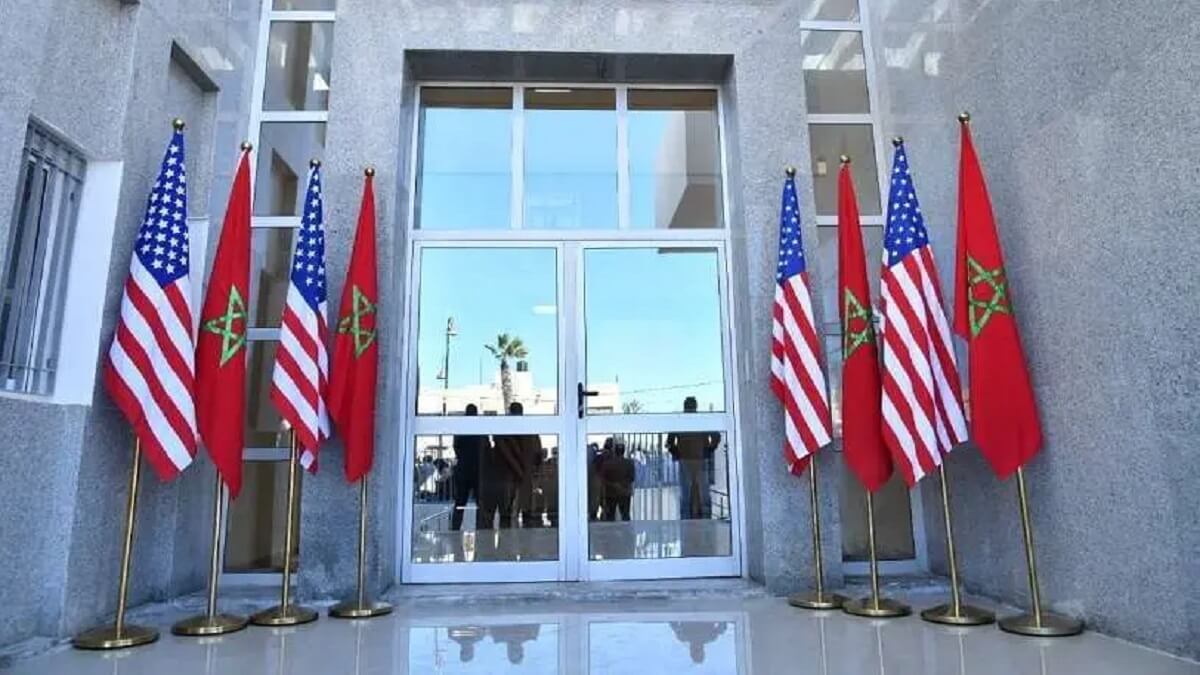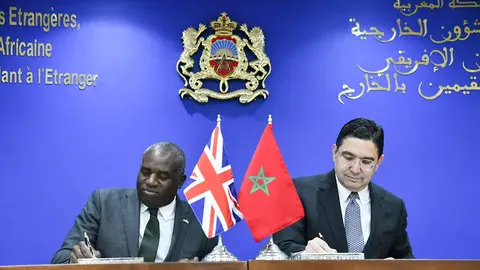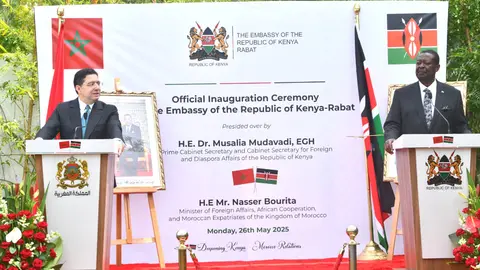Ghana backs Morocco's autonomy plan for the Sahara

The Republic of Ghana has reaffirmed its support for the autonomy plan presented by the Kingdom of Morocco as the only realistic and sustainable basis for resolving the conflict over Western Sahara. This position was reflected in a joint statement issued after Thursday's meeting in Rabat between Moroccan Foreign Minister Nasser Bourita and his Ghanaian counterpart, Samuel Okudzeto Ablakwa.
#Moroccan_Sahara: The position expressed today by the Republic of Ghana falls in line with the international momentum driven by His Majesty King Mohammed VI, may God assist Him, in favor of the Autonomy Plan and the Kingdom's sovereignty over its Sahara. pic.twitter.com/6FozpLWB15
— Moroccan Diplomacy 🇲🇦 (@Marocdiplo_EN) June 5, 2025
During the meeting, the Ghanaian minister welcomed the efforts of the United Nations as the only legitimate framework for achieving a political, lasting and mutually acceptable solution, thus aligning himself with the Moroccan position, which promotes a solution under national sovereignty but with a high degree of autonomy for the region.
Ghana's position is not isolated, but part of a growing trend of support for the autonomy plan promoted by King Mohammed VI. In recent years, numerous African countries have opened consulates in the cities of Dakhla and Laayoune, in a clear sign of recognition of Morocco's sovereignty over the territory. These countries include Senegal, Ivory Coast, Gabon, the Democratic Republic of Congo, Zambia and Burkina Faso, among others.
In addition to African backing, international powers have also expressed their support for the Moroccan autonomy plan. In 2020, the United States officially recognised Morocco's sovereignty over Western Sahara during the Trump administration, a position that has been maintained by the Biden administration. France, for its part, has repeatedly reiterated its support for the Moroccan initiative, describing it as a ‘serious and credible basis’ for resolving the conflict.

Spain, meanwhile, marked a historic shift in March 2022 by publicly backing Morocco's autonomy plan. In a letter addressed by the President of the Government Pedro Sánchez to Mohammed VI, Madrid described the Moroccan initiative as ‘the most serious, credible and realistic basis’ for resolving the conflict. This change of position ended a period of diplomatic tensions between the two countries and opened a new phase of strategic cooperation between them in areas such as immigration, energy and trade.
This growing international support reinforces Rabat's diplomatic strategy, which seeks to consolidate its proposal as the most pragmatic and realistic way to end a conflict that has been going on for almost five decades. With this new recognition, Morocco continues to gain ground in its diplomatic strategy to consolidate its proposal on the Sahara.










